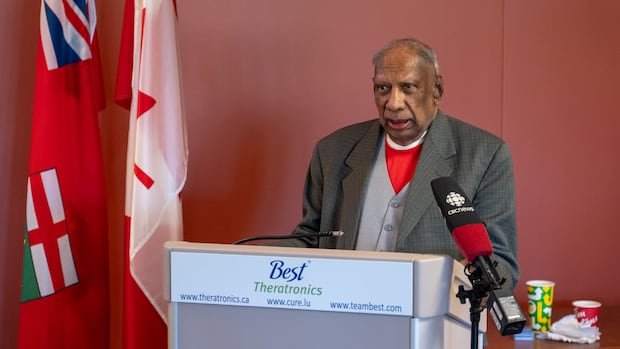The owner of a medical manufacturing company in Ottawa admits to lacking funds to meet requirements set by the Canadian nuclear regulator. Best Theratronics, involved in producing cancer treatment devices utilizing Cobalt-60 isotopes, received orders from the Canadian Nuclear Safety Commission (CNSC) in November 2024. These orders were due to safety concerns at the plant and the need for a $1.8-million financial guarantee for potential decommissioning costs.
Despite nearly a year passing, owner Krishnan Suthanthiran asserts that financial constraints prevent compliance with the CNSC’s demands. Suthanthiran stated that obtaining a loan was impossible and expressed the financial burden of maintaining the required license. He hinted at relocating operations to India or the United States due to the high costs involved.
Regarding the company’s situation, the CNSC confirmed that Best Theratronics remains in breach of its nuclear license but did not disclose specific actions planned for enforcement. The CNSC has the authority to issue penalties, revoke licenses, and initiate legal proceedings against licensees not complying with regulations.
Criticism from Green Party Leader Elizabeth May was directed at the CNSC for its handling of the situation, suggesting a close relationship with the industry it oversees. Suthanthiran’s history, including previous legal issues in Belgium, was also highlighted. The company’s struggle to hire skilled workers following a labor dispute was emphasized, with Suthanthiran mentioning a significant reduction in workforce and challenges in recruitment efforts.
Suthanthiran indicated intentions to cease nuclear-licensed manufacturing in Canada, citing business-unfriendliness as a reason. Despite the challenges faced, operations might continue at the Kanata facility without a nuclear license. The company’s history, from being part of a Crown corporation to its current ownership, was also outlined in the ongoing saga of Best Theratronics’ regulatory and financial issues.


